Tag: Infections
Articles about managing infections in the terminally ill including the challenges facing the patient, caregivers, family, and hospice.
Articles about managing infections in the terminally ill including the challenges facing the patient, caregivers, family, and hospice.
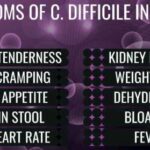
Explore comprehensive strategies for preventing, detecting, and treating Clostridium difficile infections in the elderly. Understand the risk factors, symptoms, and effective treatments to improve patient care and outcomes.
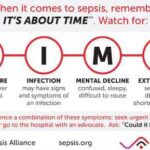
This comprehensive article explores bacteremia and sepsis in the elderly, examining prevention, early detection, and treatment. Understand the unique challenges and effective strategies for managing these conditions in older adults.
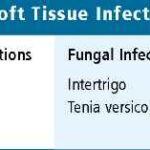
Discover comprehensive strategies for preventing, detecting, and treating skin and soft tissue infections in the elderly. This guide covers critical aspects, including hygiene practices, early signs of infection, and effective treatment options.
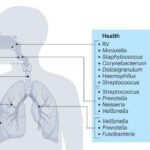
Learn essential strategies for preventing, detecting, and treating respiratory infections, such as pneumonia and influenza, in older adults. This comprehensive guide offers valuable insights for caregivers and healthcare professionals working with the geriatric population.
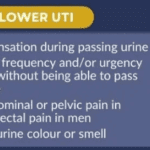
This comprehensive guide explores urinary tract infections (UTIs) in the elderly, covering unique challenges, prevention strategies, early detection methods, diagnosis, treatment approaches, and long-term management to ensure better health outcomes for older adults.

Explore the complex decision of using antibiotics in end-of-life care. This article weighs the potential benefits against risks, considering comfort, quality of life, and ethical concerns. Learn how to make informed choices with your healthcare team for compassionate, patient-centered care in life's final stages.

This comprehensive guide helps caregivers understand why urinary tract infections (UTIs) are prevalent in dementia patients. It provides practical advice on prevention, early detection, and effective treatment strategies. Empower yourself with the knowledge to provide the best care for your loved ones.

This article will delve into common infections in geriatric patients, encompassing early, middle, and late-stage symptoms, preventive measures, and prevalent treatment approaches, particularly for patients facing a terminal illness prognosis of six months or less.
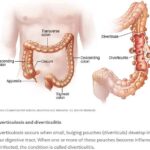
Caring for a loved one with a history of diverticulitis requires a combination of preventive measures, early detection of warning signs, and understanding the common signs and symptoms of this condition. Your role as a caregiver is crucial in providing support and assistance to ensure their well-being. In this comprehensive guide, we will explore essential aspects of caring for someone with diverticulitis, including prevention, early warning signs, and treatment options.
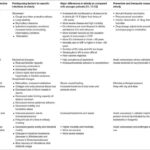
One of the most important roles is detecting and managing infections in terminally ill geriatric patients with dementia. These patients are often at higher risk for infections due to their weakened immune systems, underlying health conditions, and limited mobility. Detecting infections in these patients can be challenging due to their limited communication abilities and other cognitive and physical impairments. However, early detection and management of infections can significantly improve the patient’s quality of life and potentially prolong their life.
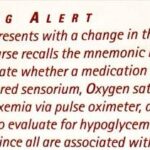
As nurses, when we see an acute change of condition, part of what we should be doing in our assessment is determining if there are reversible or treatable elements that are causing the change. In RN school, Dr. Dagen taught the students about using the D.O.G. mnemonic to help us remember that if a patient has an acute change of condition to check whether there were new medications the patient is taking, their O2 saturation level and their glucose level.
I would further add that as a hospice nurse dealing with mainly geriatric patients that if there is an altered level of consciousness (LOC)/personality change, to also consider the patient may have an infection. For any of you dealing with geriatric patients add “I” for infection, hence “D.O.G.I.” While this mnemonic is typically used for acute changes of level of consciousness, the thought process behind it can be used for other acute change of patient condition as well.